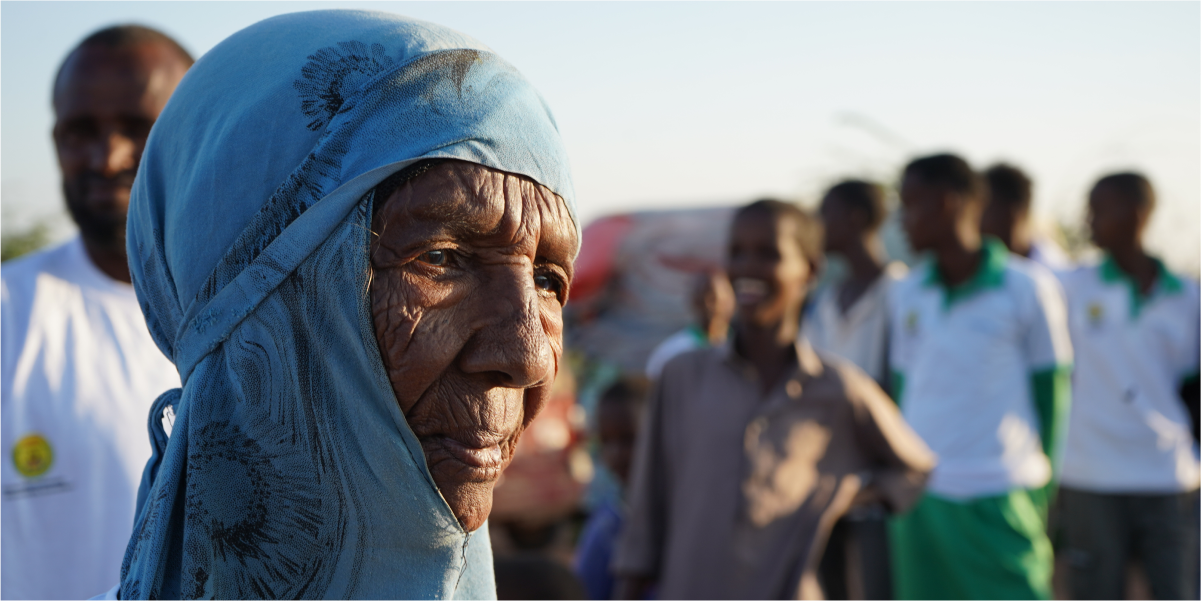
The heart of IDLO’s work on people-centered justice takes place in our country offices around the world. The series Reflections from the field aims to provide a snapshot of this work from the perspective of country staff, and the beneficiaries, justice actors and partners they work with. By documenting lesson learned and good practices of those working in some of the world’s most complex environments, these reflections seek to provide a better understanding of opportunities and challenges in promoting the rule of law and access to justice in different contexts.
SOMALIA
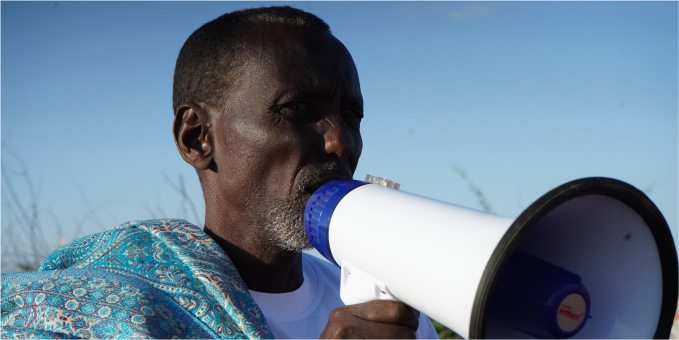
In Somalia, IDLO works to expand and improve access to justice through physical and mobile Alternative Dispute Resolution (ADR) Centres. The ADR Centres use community-run customary and informal justice mechanisms to resolve civil disputes and minor offenses, while referring more complex or criminal cases to formal courts. In Somaliland, through a project funded by the Government of the Kingdom of the Netherlands and implemented by IDLO, the support to the customary and informal justice mechanisms takes an approach known as Problem-Driven Iterative Adaptation (PDIA).
Read moreAFGHANISTAN

The Government of the Islamic Republic of Afghanistan is actively implementing strategies to mitigate the spread of COVID-19, protect public health and guarantee human rights as well as maintain the rule of law by, among other things, maintaining access to vital public services, including the justice system. The current pandemic has had a significant impact on the judiciary and court system, prosecutorial services, criminal defense counsel, legal assistance providers (including civil society) and on other government entities as well as Afghanistan’s legal framework.
Read moreJORDAN
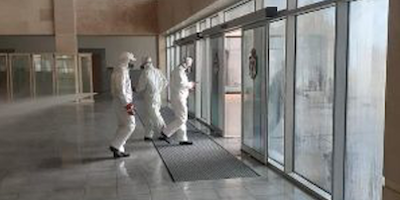
Jordan was among the first countries in the Middle East to introduce systematic measures to respond to COVID-19. The Government of Jordan moved swiftly to mitigate the spread of the virus, protect public health and provide necessary medical treatment for those infected, in addition to maintaining essential public services. A tough lockdown helped to contain the disease and keep the number of recorded cases low. The economic impact of the lockdown and other emergency measures has been severe. To mitigate the impact on the population, the government launched various measures to ensure social protection and development.
Read moreMONGOLIA
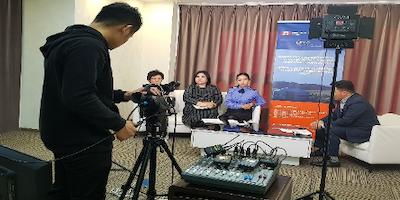
As in other contexts, an outbreak of COVID-19 in Mongolia presented a particular risk to the country’s fragile health care system and sluggish economy. To avoid even greater adverse impacts on these systems, the Government of Mongolia took early and immediate action which proved successful in keeping COVID-19 from spreading to the community. An unintended consequence of Mongolia’s efforts to contain transmission was the increased incidence of gender-based violence (GBV) in a country with pre-existing high rates. COVID-related measures such as the closure of schools, loss of wages for certain sectors due to restrictions, and increased isolation resulted in even higher rates of GBV.
Read moreKENYA
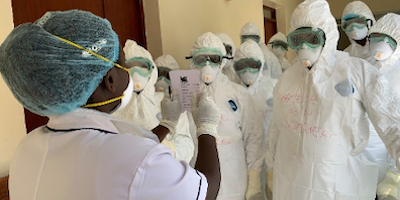
The first case of COVID-19 was confirmed in Kenya on 13 March 2020. The Government of Kenya has put in place a very robust testing, contact tracing and treatment response. The Chief Justice directed all court houses to close to the public, and instructed each court station to operate with three members of the judiciary (a judge/magistrate, a court administrator and a court assistant to serve as a customer care service desk contact). The judiciary is increasing its use of ICT to enable judges and magistrates to deal with cases, including e-filing of judgments, video conference remand hearings for prisoners in custody, and the delivery of court judgments through video conferencing and skype.
Read moreHONDURAS
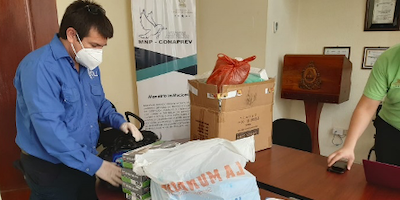
In Honduras, the COVID-19 outbreak is causing unprecedented disruption and worsening vulnerabilities. With a population of more than 9 million people, Honduras is one of the poorest countries in Latin America. According to official data, almost half of the population lives in poverty. Inequality is among the most pervasive in the region and the world. The health emergency – combined with a health system that was already struggling to provide basic services to the population, weak institutions and governance, shortage
Read moreTHE PHILIPPINES
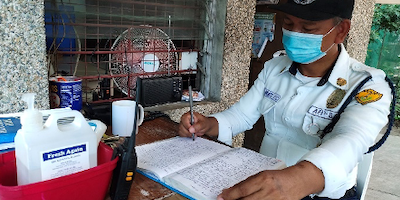
As in other contexts, the COVID-19 outbreak in the Philippines risks exacerbating systemic challenges already faced by vulnerable groups. These challenges include prison overcrowding, case backlog in the justice system, unequal access to health care and social services, ongoing conflict, and corruption. IDLO has had to shift its capacity-building support to the Prosecution Service and other partners to virtual platforms and remote learning. This includes delivering specialized training.
Read moreImage credits (from top to bottom):
IDLO/Ilyas Ali Moallim, IDLO/Ilyas Ali Moallim, Facebook / Afghan Ministry of Public Health, Judicial Institute of Jordan, IDLO, Facebook / WHO Kenya, IDLO, ILO/Minette Rimando

